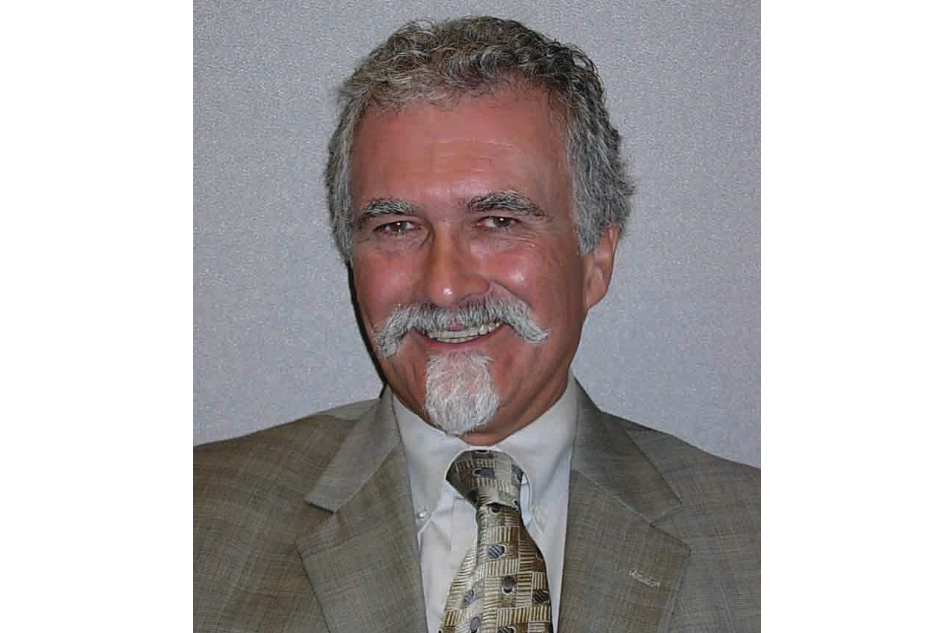
Never before have the opportunities and challenges facing the global gas industry been the subject of such intense scrutiny and debate as they are today. With natural gas and LNG now sitting at the forefront of a new global energy competition, the sector’s most influential leaders will have plenty to discuss at next year’s Gastech in Barcelona.
Leading analysts Wood Mackenzie forecast global gas demand surging by as much as 41 per cent over the next two decades, with LNG demand at the forefront of this new global ‘dash for gas’ as governments seek cleaner energy solutions to national demand. The investment required in driving such expansion of the global gas and LNG industry could reach a dizzying US$9 trillion, according to Wood Mackenzie, with most of that to be invested in major new infrastructure.
Who will be the world’s most influential supplier?
Yet the challenges of delivering this new demand for gas are also sizeable and centre on the key question of who will provide what to whom? Pipeline gas or LNG? And from which supplier? As an example, the recent Gastech 2018 Governing Body meeting in London discussed how the world was currently experiencing a tussle between international gas producing countries to determine who would ultimately take the spoils and lay claim to the title of world’s most influential supplier.
Europe, China and India are among the key theatres of the global gas race. Europe has traditionally relied on pipeline natural gas imports from Russia to feed demand.
However, the burgeoning growth in North American LNG exports, triggered by the rapid expansion in US shale gas production in recent years, recently led the International Energy
Agency to claim that the US will become one of the world’s top gas exporters by
2020, and will challenge Russia by 2022.
“There is competition between North America, Australia, Qatar and Russia, and their targets
are importers of LNG or pipeline gas. They are looking to project their energy armies anywhere in the world,” said a Gastech Governing Body member during the meeting in London in September. “It is a competition about who will win the energy race. Who will be the number one energy provider to Europe, China and India?”
A “pivotal role” in today’s energy system
This is not the only issue that the gas industry faces. Other topical points raised by the governing body, which met to agree the commercial and technical sessions for Gastech 2018’s conference, included managing LNG emissions controls to meet governmental regulations and ways to tackle releases of elemental methane; the challenges inherent in financial risk management across projects and assets; and the growing demand for gas and LNG as a fuel for marine and shipping projects following the UN International Maritime Organisation’s cap on sulphur content in marine fuel by 2020.
After decades of favouritism by energy consumers towards cheap and plentiful coal, the world is now embracing the pivatol role that cheap and plentiful – and cleaner – natural gas can play, as energy markets develop increasingly capable infrastructure planning and investment capabilities. With advances in technology, efficiency and market fluidity, the competitiveness of natural gas is set to drive more customers towards this ‘future friendly’, cheap and clean energy solution – with the Gastech conference at the heart of the conversation, navigating the next steps the industry takes.
Gastech exhibition and conference runs from 17-20 September 2018 at Fira Gran Via in Barcelona, Spain. A call for papers to speak at Gastech conference – based on topics and sessions chosen under consultation by the Governing Body – is currently underway. For more information or to submit an abstract, please visit: www.gastechevent.com/speak
By Paul Sullivan, Steelhead LNG and Commercial Co-Chairman, Gastech Governing Body
Recommended for you
